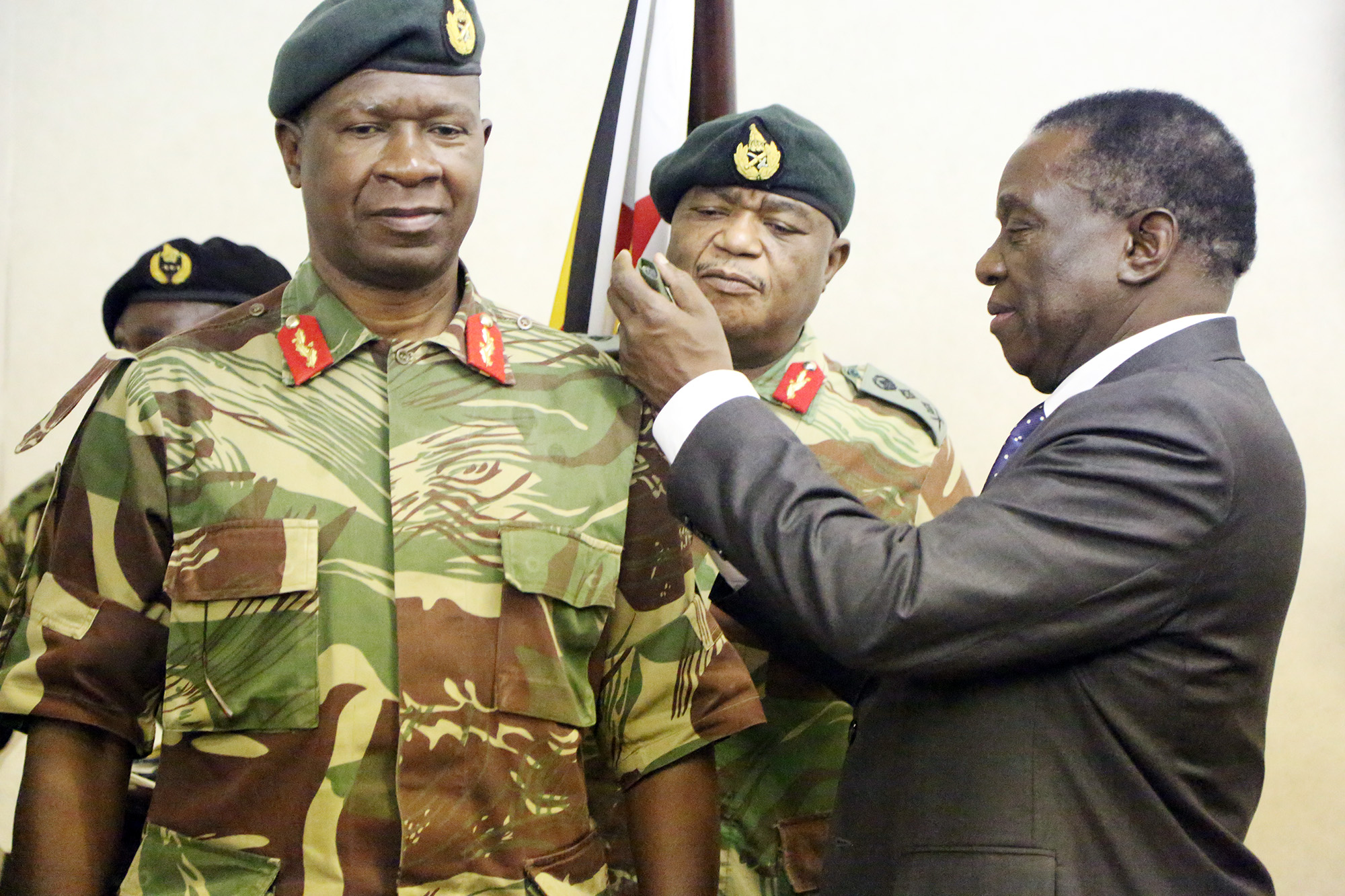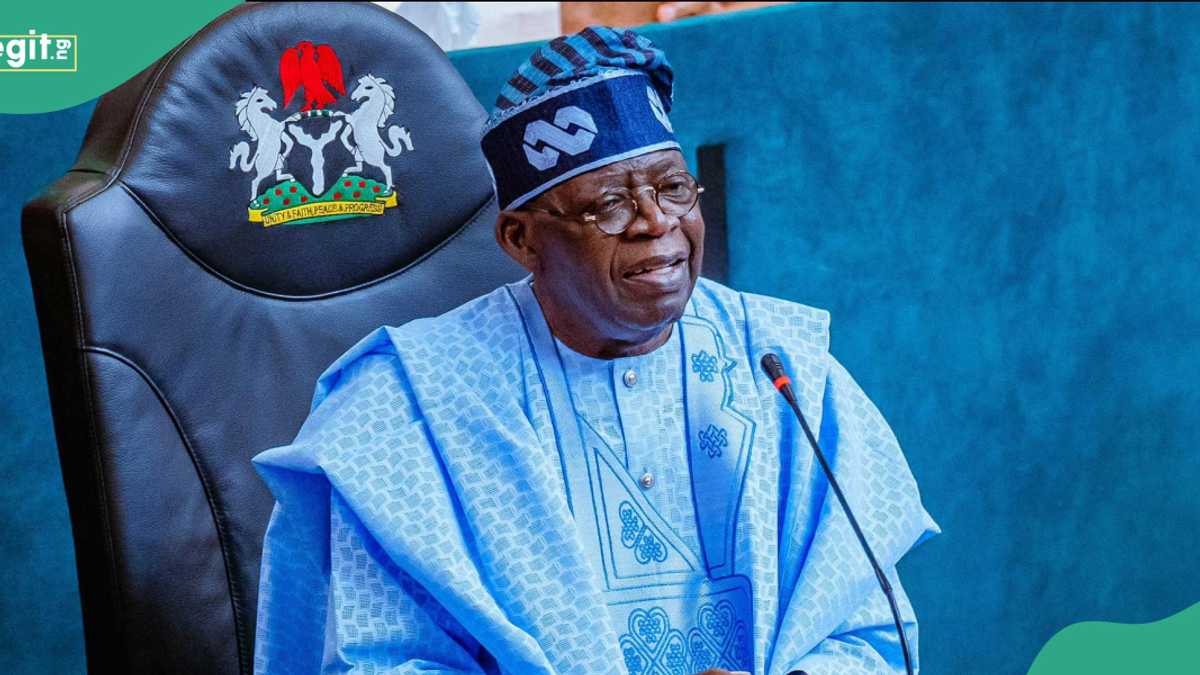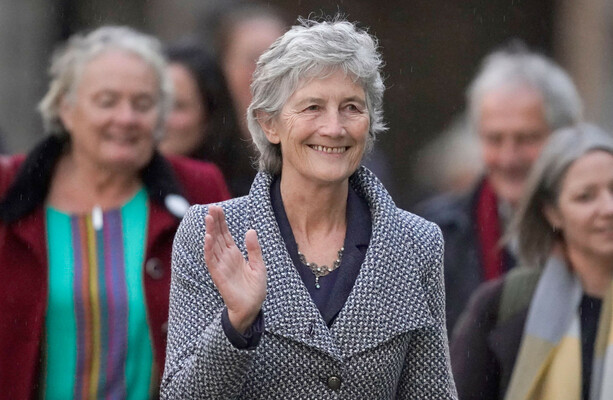Copyright myzimbabwe

HARARE – The Zimbabwe Defence Forces (ZDF) are poised for a significant leadership change, with sources indicating that President Emmerson Mnangagwa is set to retire General Philip Valerio Sibanda and appoint a new commander within the next three weeks. General Sibanda’s current term is due to expire on November 23, 2025. Sources speaking to Masvingo Mirror revealed that General Sibanda is presently on leave. Upon his return, he is expected to oversee a hand-over take-over ceremony with his successor, potentially occurring by November 9th. Military drills are reportedly already underway in preparation for this event. While President Mnangagwa extended General Sibanda’s contract on December 24, 2024, through General Notice 15 of 2025, this move followed General Sibanda reaching the mandatory retirement age of 70 last year. The extension, granted at Mnangagwa’s discretion, was for a single year. However, sources suggest that this extension was not initially Mnangagwa’s intention, as the military boss reportedly resisted retirement bids late last year, highlighting the significant influence the military holds in Zimbabwe’s political landscape. The extension of Sibanda’s term of office was flagged by legal experts as a flagrant violation of the law by Mnangagwa. In a notice published in the Government Gazette, Chief Secretary to the President and Cabinet, Martin Rushwaya, said Sibanda’s extended term was with effect from December 24, 2024, his birthday, and was set to last until November 23, 2025. Rushwaya said Mnangagwa acted in terms of the Defence (Regular Force) (Officers) Regulations, 1988, published in Statutory Instrument 152 of 1988, in extending Sibanda’s tenure. Prominent lawyer Advocate Thabani Mpofu described it as “flawed” and an “absurdity”. Mpofu said by reaching the age of 70, Sibanda was automatically retired “by operation of law.” “A term that has already expired cannot be extended. That’s why there are no oxygen canisters at the cemetery…” Mpofu said. “General Sibanda has reached the mandatory retirement age of 70. He cannot be retired and be in active service at the same time. It is one thing to recycle dead wood, it is quite another to plant a dead log.” Sources said Sibanda flatly rejected his retirement while citing certain parts of the Statutory Instrument which he argued gave Mnangagwa legal room to extend his term. The source said Attorney General Virginia Mabhiza was summoned to State House where she met Rushwaya and a meeting was arranged with Mnangagwa, who was on his annual leave at the time, to discuss the matter. Mabhiza, according to the source, gave the legal position that Sibanda’s time was up “but PV was having none of it, citing the SI.” A compromise was then reached that his term be extended by another year. “I don’t answer questions from journalists over the phone. Send your questions on my WhatsApp,” said Kashiri. ZDF Director (Public Relations), Colonel Charles Mutizhe, dismissed the story, asserting that “For now no official communication has been done regarding the matter and should the General retire, the media will be made aware through a Press statement that we would release.” An analyst, speaking anonymously, noted that changes are occurring rapidly within the security arms, making this development unsurprising. Sources suggest that Mnangagwa is keeping the identity of the next commander closely guarded as he consolidates his power, particularly in relation to his political rivals, including his Deputy, General Constantine Chiwenga. It is also rumoured that Sibanda may be offered a Ministerial post upon his retirement. General Sibanda has held the position of ZDF Commander since 2017, succeeding General Chiwenga, who transitioned to the role of Vice President. Recent changes within the security apparatus include the replacement of Commissioner General Godwin Matanga with Stephen Mutamba, and Fulton Mangwaya’s appointment as Director General of the Central Intelligence Organisation (CIO), replacing Isaac Moyo. Just a week before Sibanda’s term was ended by 1 year, Mnangagwa retired police commissioner general Godwin Matanga and replaced him with Stephen Mutamba. He also removed Central Intelligence Organisation director general Isaac Moyo and replaced him with former Zimbabwe National Parks and Wildlife Management Authority director general Fulton Mangwanya. These shifts have been linked to efforts by Mnangagwa’s loyalists to extend his term beyond 2028. In March, President Mnangagwa retired Zimbabwe National Army commander Lieutenant General Sanyatwe, appointing him as Minister of Sport, Recreation, Arts and Culture, replacing Kirsty Coventry. Sanyatwe, previously a trusted figure under Robert Mugabe, was controversially linked to the shooting of protesters following the disputed 2018 elections. He later served as Zimbabwe’s ambassador to Tanzania before returning to command the Zimbabwe National Army. Shortly after, Major General Emmanuel Matatu, a ZPRA veteran, was appointed as the new commander of the Zimbabwe National Army. At 72, Matatu’s appointment is not viewed as long-term, but rather as a strategic move by Mnangagwa amid concerns of a potential coup by former allies. Mnangagwa has placed security services on high alert to prevent planned anti-government strikes, and Matatu is expected to play a crucial role should the military be deployed to quell protests. Sanyatwe, 68, was sworn in as sports minister in front of Mnangagwa and vice presidents Kembo Mohadi and Constantino Chiwenga at State House. The impending retirement of General Sibanda and the appointment of a new ZDF commander mark a significant moment for Zimbabwe’s military and political landscape.



